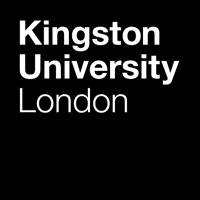fees waived
Drama, BA (Hons)
Kingston University, United Kingdom
Ranking in UK
Art and Design
Film Production and Photography
Drama, Dance and Cinematics
Costs
food & rent S$24.8k / year
Entry requirements
Scholarships
11 - 20 available
21 - 50 available
Unlimited quantity
Unlimited quantity
Limited quantity
Information
Code
Code
Intakes
Website (External)
Programmes
Information
Duration
2029
Kingston University offers a BA in Drama that emphasizes practical, academic, and technical skills through creative practice, drawing from the UK's diverse theatre sector. Students learn in state-of-the-art facilities like the Rose Theatre and benefit from expert staff, including industry professionals and guest speakers. The course covers theatre-making, performance, design, and history, with options to tailor studies in areas such as directing, Shakespeare, and digital theatre. It culminates in a major production project, fostering skills valued by employers.Future skills like problem-solving and adaptability are integrated throughout, preparing graduates for careers in acting, directing, writing, and beyond, including advertising and education. Example modules include "An Actor Prepares for Industry" and "The Theatre Director." Assessment involves exams, practical performances, and coursework, ensuring a well-rounded experience.
A local representative of Kingston University in Singapore is available online to assist you with enquiries about this course.

